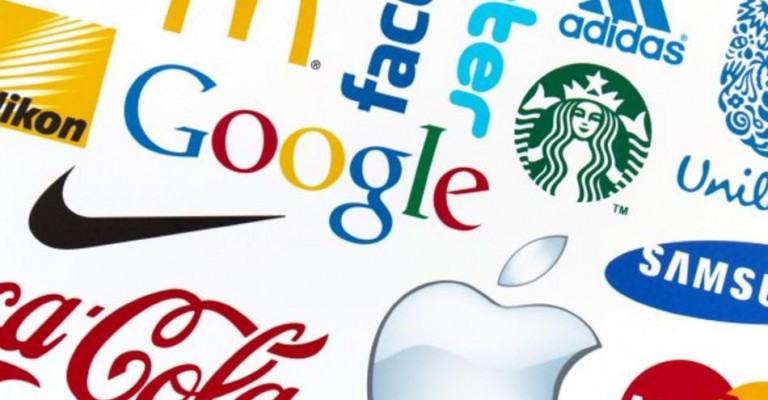This Generation Has Ideals and Now Children, and Both Factors Will Play in the Marketplace
The coming year holds dramatic changes for some of the world’s most recognized brands, as more millennials, the influential consumers who already value transparency and social consciousness, become parents and expect more from brands as a result.
Start with the National Football League. Reports of damage to players from repeated head injuries are creating a serious brand-reputation problem for the NFL. Millennial parents, whose children are just entering the world of youth sports, are hugely important to the NFL’s long-term success, but they are now thinking twice about sending their sons and daughters onto the football field.
If the league can’t convince these parents that football’s potential rewards outweigh the risks, its long-term brand value will decline. At the start of this season, the league instituted stricter penalties for hits, yet the issue is not going away. The family of former Kansas City Chief Jovan Belcher, who killed his girlfriend and then shot himself in front of Chiefs officials, had his body exhumed just last month to explore the possibility that head trauma played a role in the tragedy. In 2014, look for the NFL to beef up its education efforts and institute more sweeping rule changes to prevent injuries.
The food industry has to deal with the dramatic rise in childhood allergies, which affects a growing number of millennial parents. In October 2013, the Centers for Disease Control announced its first-ever food-allergy guidelines, to be implemented in the coming school year. Even parents whose children do not have allergies will be demanding foods that are manufactured safely — and clearly labeled. Food marketers will be well served to boost their educational marketing efforts and re-work packaging and labels to address this growing consumer need.
Reinvigorated feminism is another issue facing marketers. The Oxford Dictionary chose “selfie” as the 2013 word of the year, but it could have been “feminist.” Pop stars, business leaders and politicians were all proudly calling themselves feminists. Music acts like Beyonce and Lorde are riding a wave of feminist culture, and marketers like GoldieBlox, Facebook’s Sheryl Sandberg, andDisney‘s “Frozen” are focusing on broader choices for women and girls.
Where is this reinvigorated feminism coming from? Millennials, who are more diverse, accepting and inclusive than previous generations. In a recent poll by The Economist, 42% of all millennials said they consider themselves “feminists,” compared to just 32% of Generation X. I suspect this trend is being amplified by a recent and dramatic change in most millennials’ lives — parenthood. Roughly 40% are already there. As more millennials start families, this inclusive generation will increasingly demand that the products with which they raise their children match their ideals.
Renember also that millennials lived their young adulthood facing some of the 20th century’s biggest social and political challenges. After witnessing Congress become ineffective, their faith in government is faltering. Instead, millennials think that the private sector and, increasingly, brands and companies, can help solve the world’s ills. This type of mindset can help us predict where three iconic retailers will end up in 2014.
Target and Wal-Mart offer consumers essentially the same thing, yet their practices stand in stark contrast. Wal-Mart continues to take heat for its employee standards, production practices and price undercutting. As Target continues to grow its footprint, it can capitalize on Wal-Mart’s PR missteps. I suspect that millennials will reward Target handsomely.
And when business and marketing professors study what went wrong with Abercrombie & Fitch, they won’t be pointing to the usual suspects — product issues, scale or a faltering economy. They will say that what A&F failed to stand for led to its undoing. Abercrombie’s success was built by young generations that came before, but millennials — with their consumer idealism and dislike of the company’s elitist attiude — will ultimately dismantle this once-coveted brand.
Marketers make a dangerous mistake when they look at millennials as one cohort. They are a diverse group, falling on a wide spectrum of tastes, behaviors and income levels. Brands ignore these differences at their peril.
Millennials are often incorrectly thought of as being drawn to only prestigious, high-value brands. In reality, many are struggling financially. It’s also important to note that millennials don’t view luxury the way other generations do. They consistently report that all brands, including high-cost brands, still need to be functional and affirm their world-view.
Any brand that looks at technology as a cool, shiny thing isn’t looking through the eyes of a millennial. While technology developments and products are important, millennials think of technology as a background item. It’s not something they plan to wait in line for. That’s for Generation X and Boomers to worry about. Amazon may have won publicity with its idea to deliver packages with drones, but while Charlie Rose was eating it up on “60 Minutes,” millennials likely responded with a resounding “meh.”




